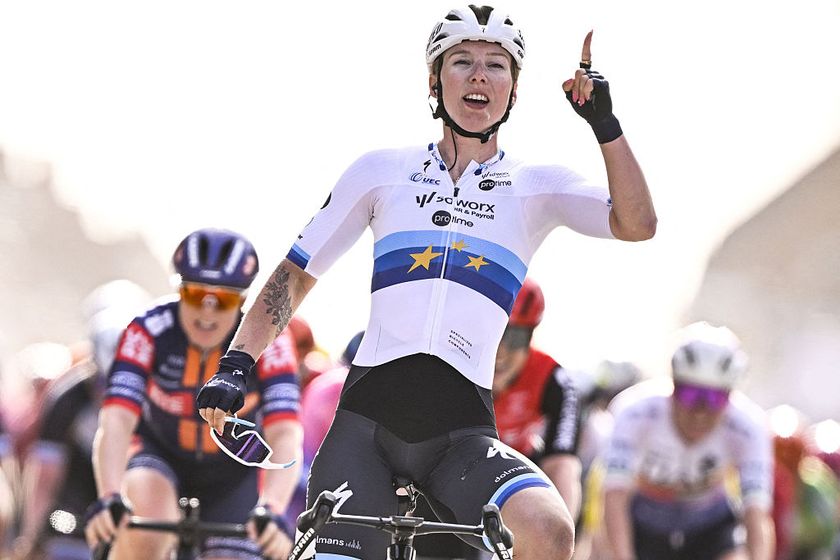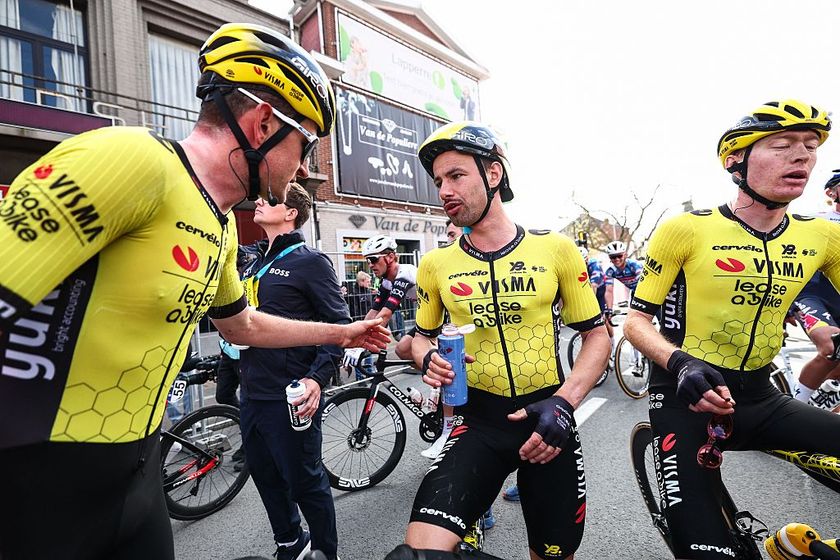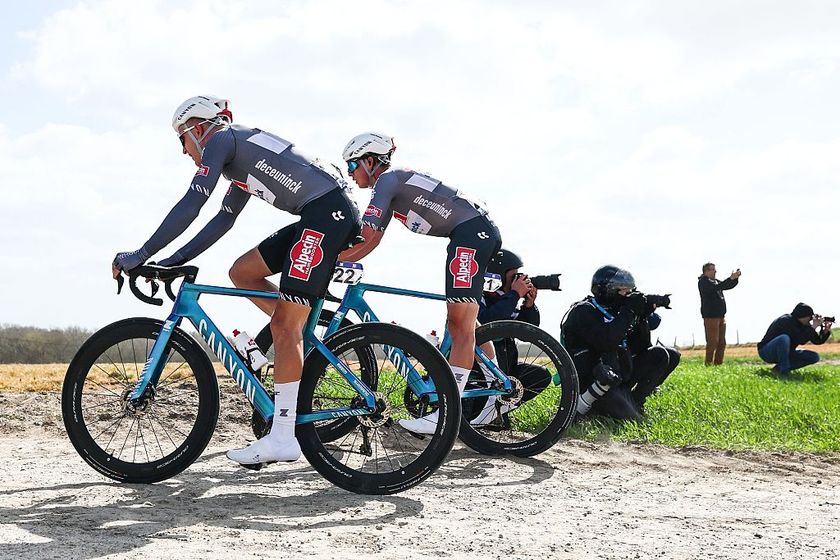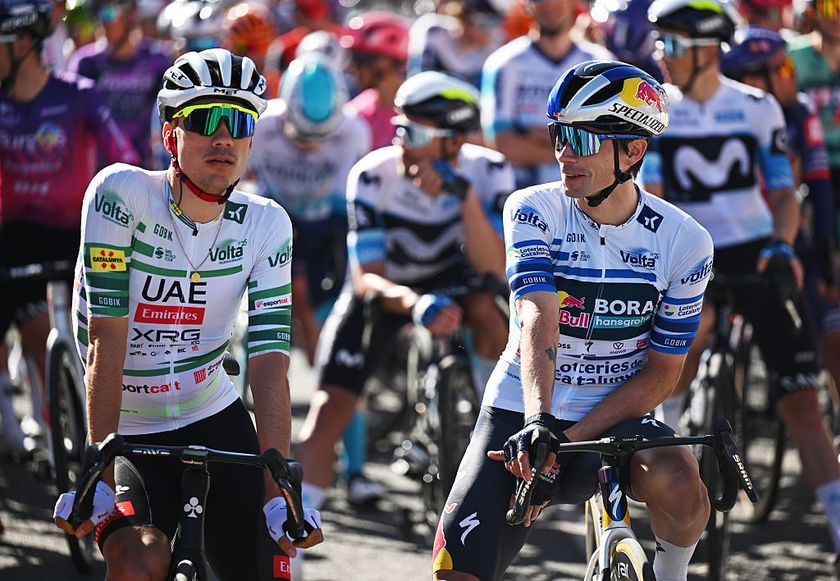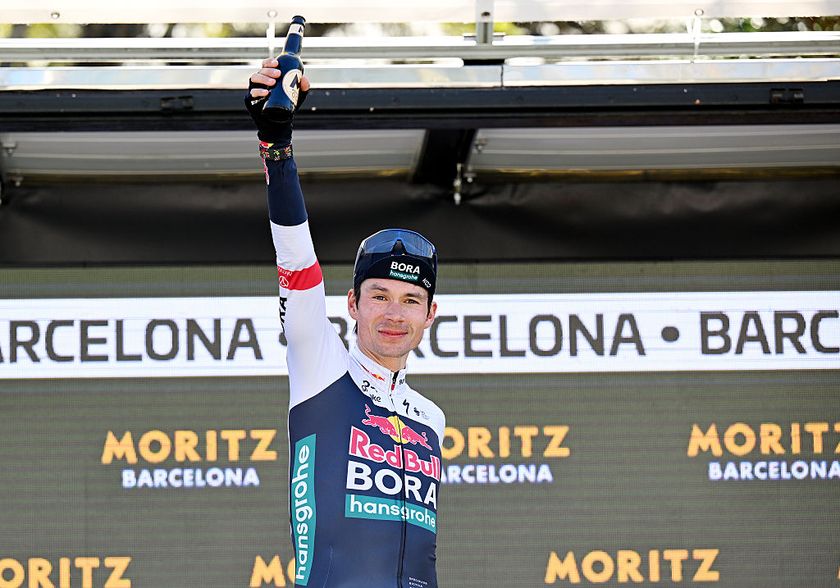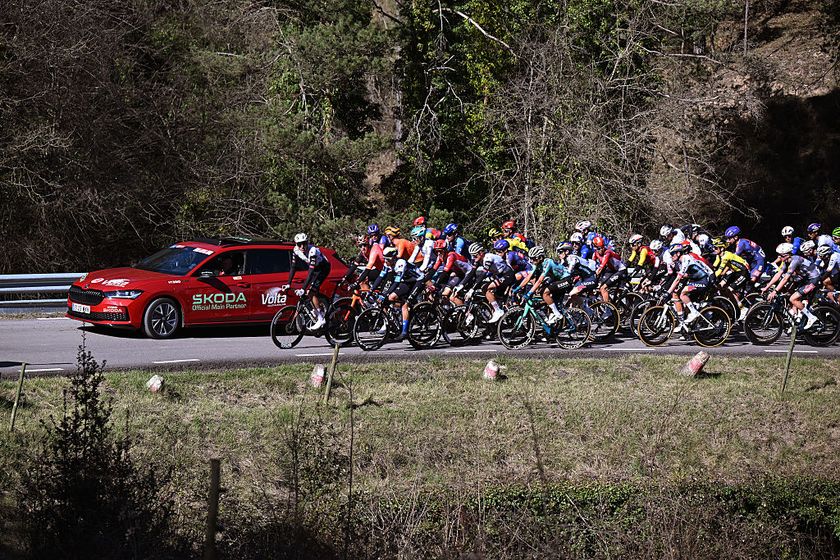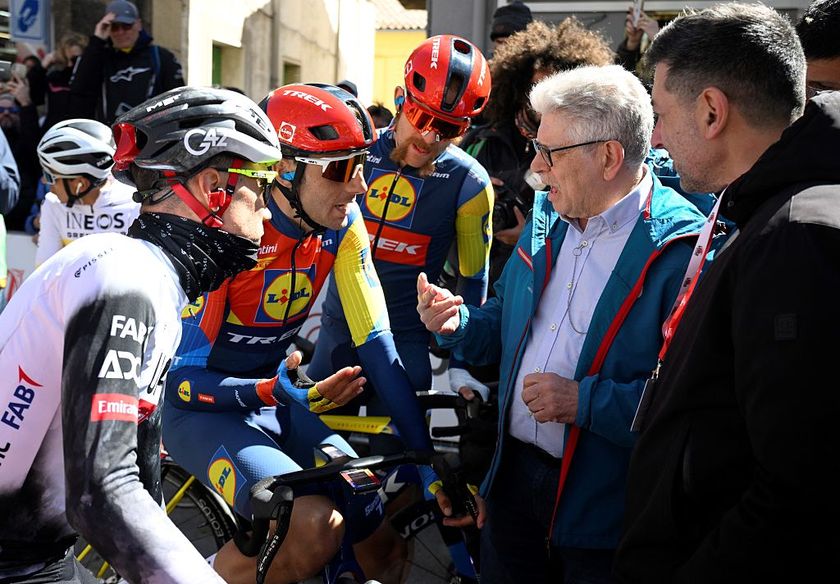Paris-Roubaix in October? UCI is open to major calendar changes
UCI President looks to combine environmental concerns with a power struggle with the biggest teams
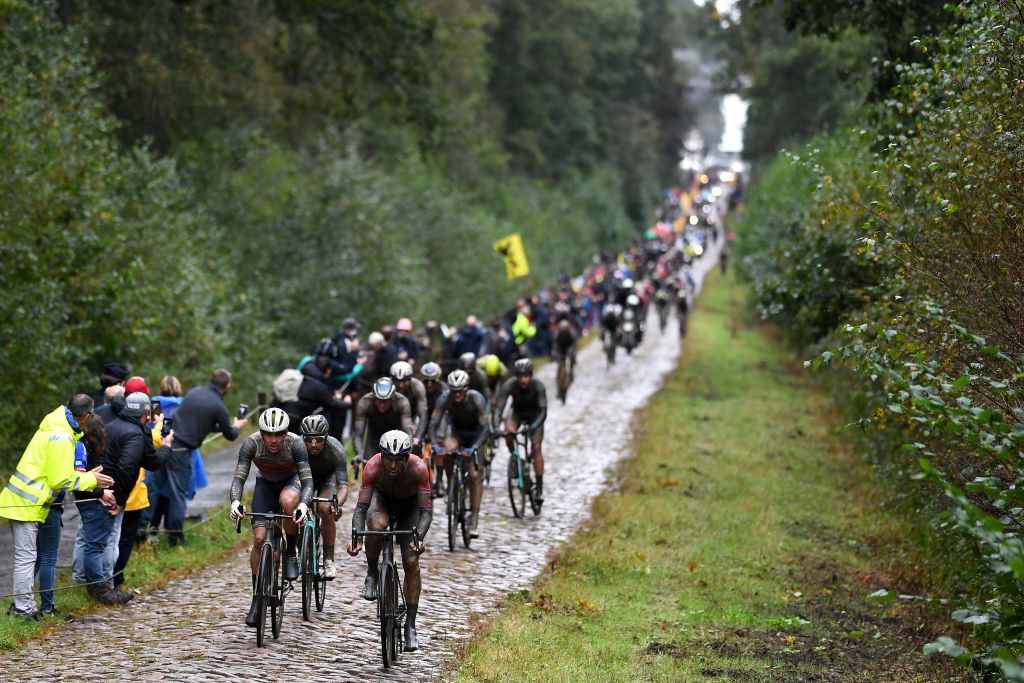
UCI President David Lappartient appears to agree with the proposals of the One Cycling reform project that could see Paris-Roubaix and other races moved to October as part of a major shake-up on the WorldTour calendar.
Lappartient revealed his thoughts on the calendar shake-up in an interview with the French DirectVelo website, combining his desire to create new revenue for the sport with his drive to reduce the environmental impact of the sport due to constant travel between different countries.
Lappartient appears keen to maintain the UCI's central role and control of the sport, especially after reports of a possible Super League of teams and races, with funding perhaps from the Saudi Arabian PIF sovereign wealth fund or other investors.
"I see it as an extension of the discussions we are having with the teams and the organisers. We are not in the logic of the football Super League which wanted to challenge the Champions League," Lappartient insisted to DirectVelo, making an analogy with European football's short-lived power struggle.
"Teams want to be more of an economic player and to draw more dividends from their investment. Which does not seem to be illogical. Furthermore, there are elements that we discussed with them which do not seem incompatible with the UCI."
Lappartient is also concerned about a small number of super teams like UAE Team Emirates, Jumbo-Visma and Ineos Grenadiers dominating the sport. His reforms could also include some kind of salary cap to limit the strength of teams and create a more level playing field.
"There was talk of a merger of the second and third-best teams this year. There are five teams which dominate the WorldTour and so we have a second peloton which follows behind them. If the first peloton focuses on itself, we risk having an absolutely enormous difference," Lappartient warned.
Get The Leadout Newsletter
The latest race content, interviews, features, reviews and expert buying guides, direct to your inbox!
Lappartient and the UCI have greater sway over race organisers and hope to start to generate more revenue for all the stakeholders by creating a more modern, logical and slim-lined race calendar.
The three Grand Tours will not be affected but Paris-Roubaix and other Classics, plus shorter WorldTour stage races could be involved, with any changes beginning in 2026 when a new round of race and team WorldTour licences are awarded.
"We were forced to organise the Tour of Flanders and Paris-Roubaix in October during the COVID-19 pandemic (2020). The audiences were fantastic. I'm not saying we necessarily have to do it again, but it's not prohibited," Lappartient suggested.
In the UCI's 2030 Agenda, there were vague mentions of change and reform but a clear objective of teams and races reducing their carbon emissions by 50% in 2030.
Lapparitent believes that can be achieved by the use of electric vehicles and team buses at races and a race calendar that avoids long transfers.
Races would follow a natural flow around the world and Europe, avoiding several jumps from southern to northern Europe during the season.
"Rather than going five or six times a year to a country, let's do it over a more collected period," Lappartient suggested.
"It is absolutely necessary to avoid being in the Netherlands, then in the south of Spain and then going back to England. The period of the northern classics is magnificent. The riders are in Flanders for three weeks and don't move. It's good for everyone.
"We have to organise the WorldTour calendar in a way that reduces our emissions, and so that we're not moving from one part of the globe to the other every month," Lappartient recently told Cycling Weekly, ably combining concerns about the environment with pressures from the team to have more revenue from the sport.
"In the Agenda 2030 booklet, it's written that we have to reschedule the WorldTour and other calendars. So it goes from Oceania, Asia, the Middle East, Europe, North America and then Asia. By reshaping the calendar we can help reduce the sport's carbon footprint," he said.

Stephen is one of the most experienced member of the Cyclingnews team, having reported on professional cycling since 1994. He has been Head of News at Cyclingnews since 2022, before which he held the position of European editor since 2012 and previously worked for Reuters, Shift Active Media, and CyclingWeekly, among other publications.
